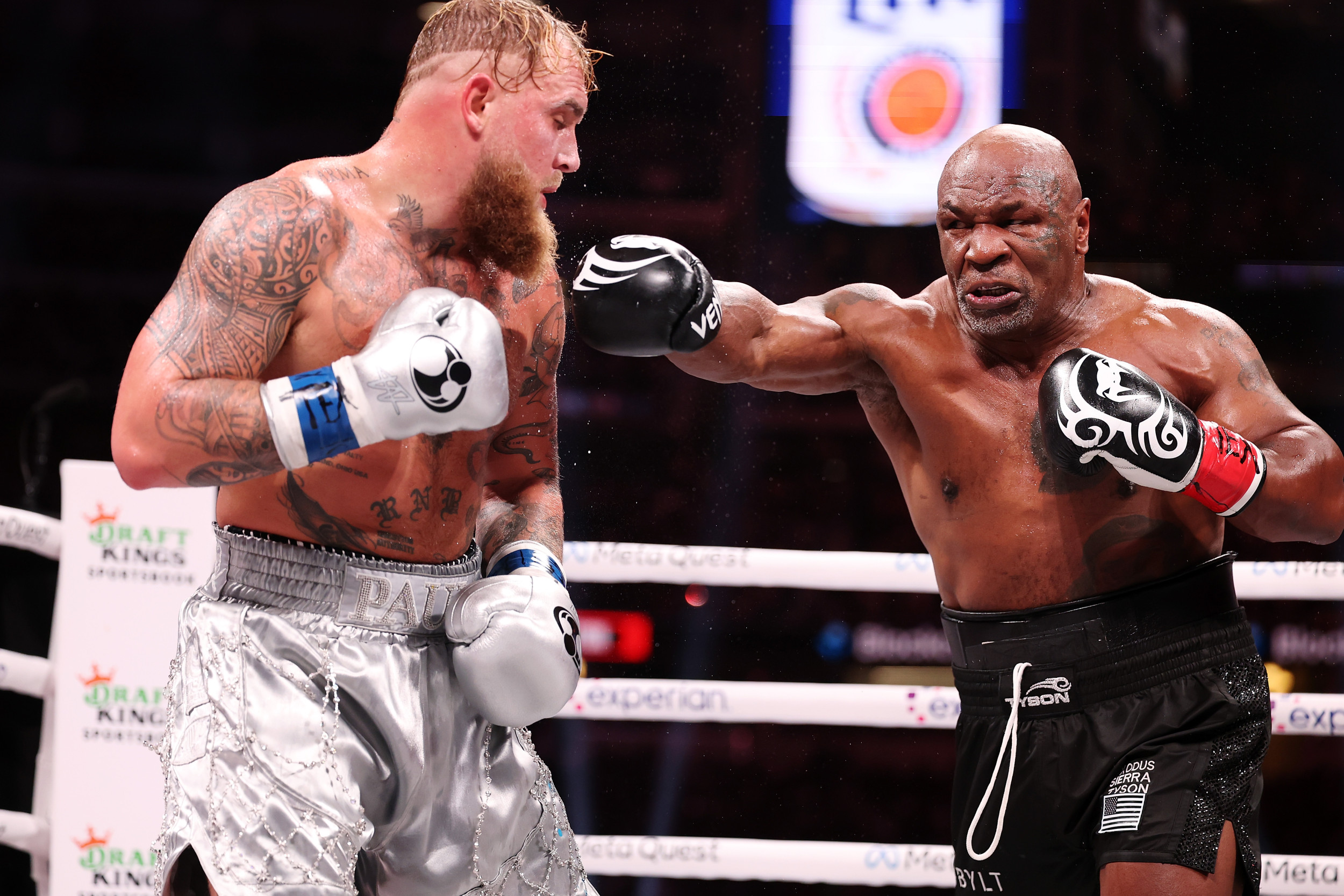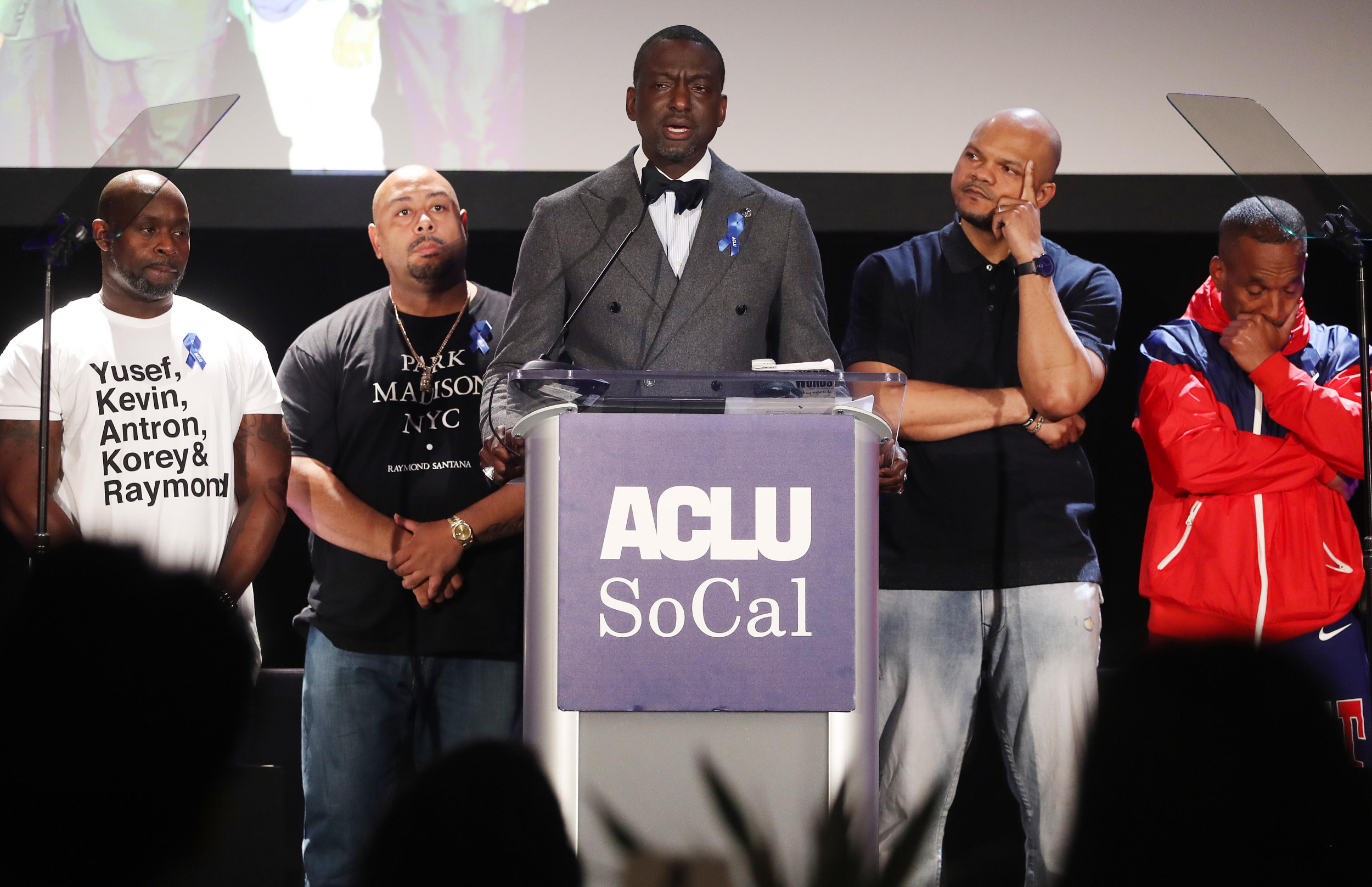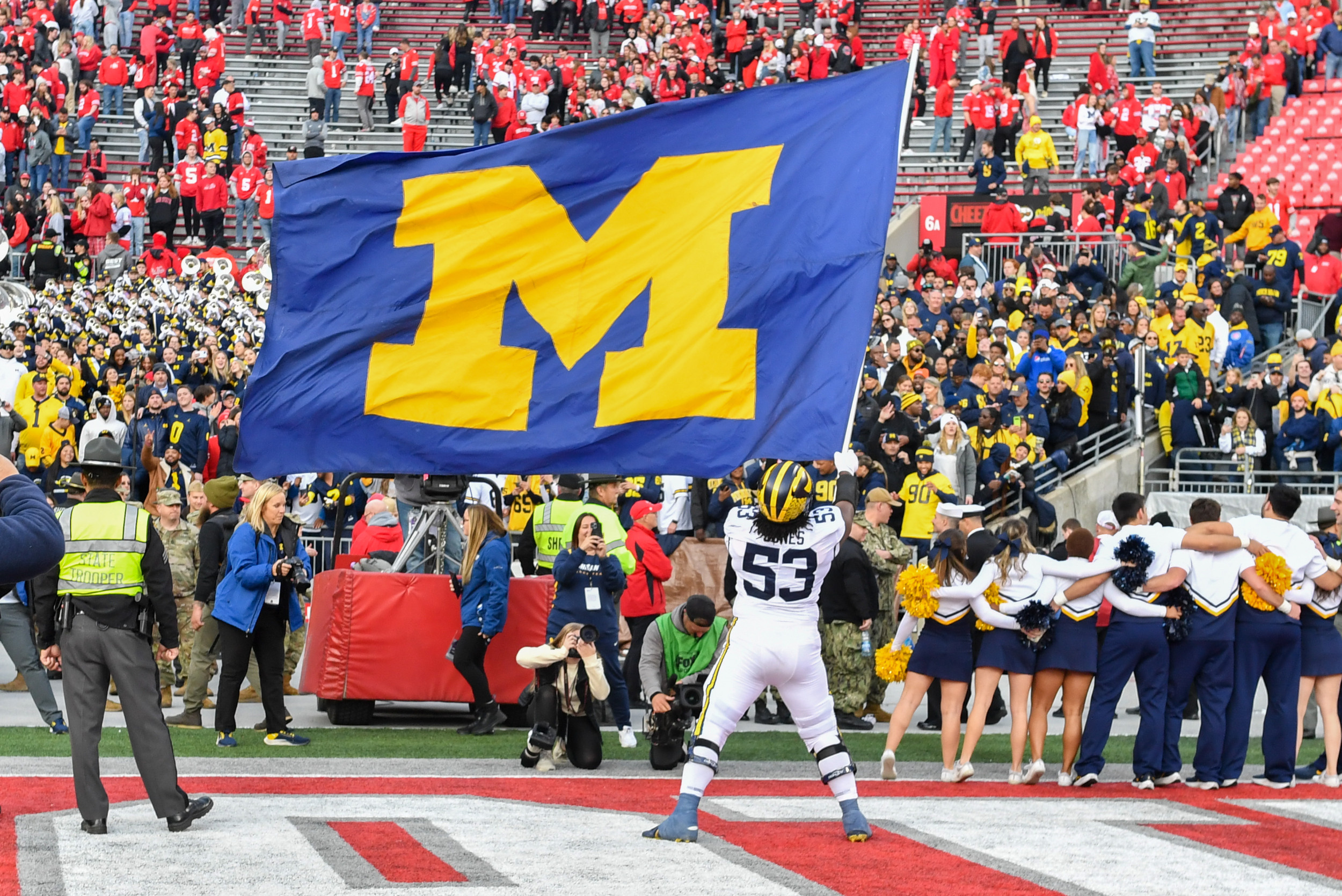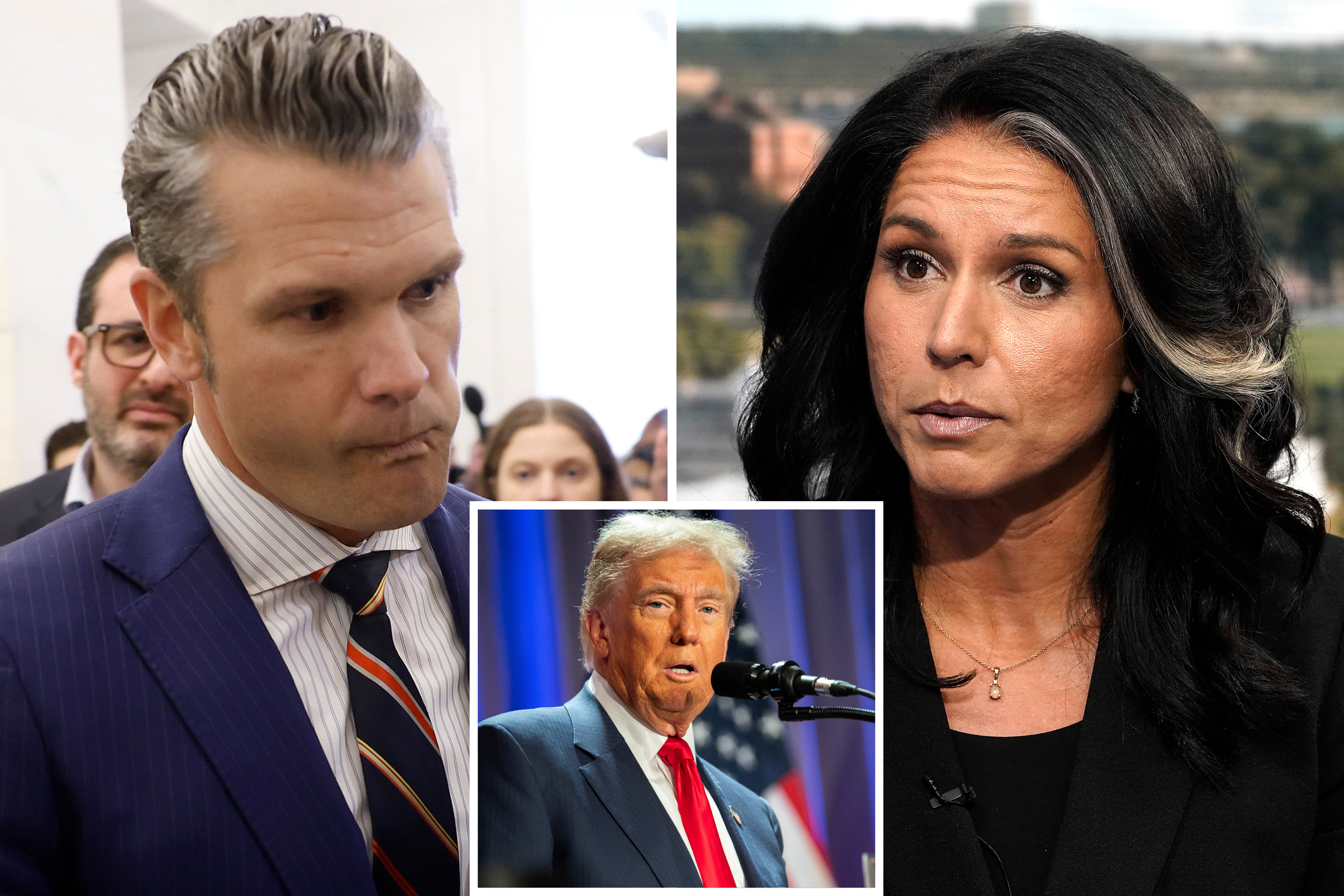Two Republican congressmen have recently sounded the alarm over Russia's possible military aspirations, warning that if Russian President Vladimir Putin takes Ukraine, it would "invite more aggression" from him and put other European countries like Moldova at risk.
Ukraine is heading into its third winter of war with Russia after Putin launched a full-scale invasion of the Eastern European country in February 2022. Russia has seized some 20 percent of Ukrainian territory amid the conflict, but the Ukrainians have been relentless in their fight against Russian aggression, with the help of the United States and its European allies supplying critical military aid to the country.
Representative Michael McCaul, a Texas Republican who chairs the House Foreign Affairs Committee, told John E. Herbst, former U.S. ambassador to Ukraine, at an event Thursday for the Atlantic Council, an international affairs think tank that favors Atlanticism, that if the U.S. allows Putin to take over all of Ukraine, it "would invite more aggression from Mr. Putin."
"It also impacts Chairman Xi [Jinping] and his calculus, looking at Taiwan and the Indo-Pacific. Moldova would certainly fall within a day, as would Georgia. And then, all of Eastern Europe would be under the threat and the dark cloud of Russian aggression," McCaul added.
Representative Don Bacon, a Nebraska Republican, shared a similar message to Jim Sciutto, a CNN anchor and chief national security analyst, on Friday.
"If Ukraine falls, Moldova will be next. We could very well see the Baltics. We could see Georgia or Azerbaijan, you know, the Russians have been raised to think that they should control all of those near-abroad countries," Bacon said. "That's what they call the near abroad. But these countries want to have their Independence."
Newsweek reached out to McCaul and Bacon's offices via telephone and the Russian government via online form for comment Saturday morning.

Putin, meanwhile, told former Fox News host Tucker Carlson in February that Moscow had no interest in invading "Poland, Latvia or anywhere else."
President-elect Donald Trump has previously said that if he were at the negotiating table with Putin and Ukrainian President Volodymyr Zelensky, the war between the two nations would end "within 24 hours."
Newsweek has also reached out to Trump's team via email for comment Saturday morning.
Trump has not explained how he would quickly end the ongoing conflict, but Vice President-elect JD Vance outlined a potential approach Trump will take to end the Russia-Ukraine war on The Shawn Ryan Show in September.
"I think what this looks like is Trump sits down, he says to the Russians, the Ukrainians, the Europeans: You guys need to figure out what does a peaceful settlement look like? And what it probably looks like is the current line of demarcation between Russia and Ukraine, that becomes like a demilitarized zone," Vance said.
Former North Atlantic Treaty Organization (NATO) commander James Stavridis predicted a similar scenario on CNN's Smerconish earlier this month in which Putin "will end up with about 20 percent of Ukraine, the chunk that he currently holds, but the rest of Ukraine, the 80 percent, all those resources, vast majority of the population, they stay democratic, free."
However, Stavridis told Newsweek at the time, "Keep in mind that a negotiated settlement is not something the U.S. can impose—but for the Ukrainians and Russians to agree upon."
Stavridis believes the deal would include Ukraine's ability to join NATO and maybe the European Union (EU) while Vance said that Ukraine "doesn't join NATO, it doesn't join some of these sort of allied institutions" as part of the potential peace deal.




















 English (US) ·
English (US) ·